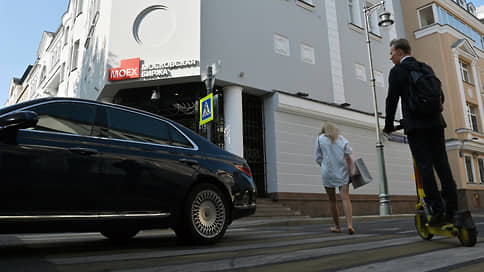« Iceland is not a military country »
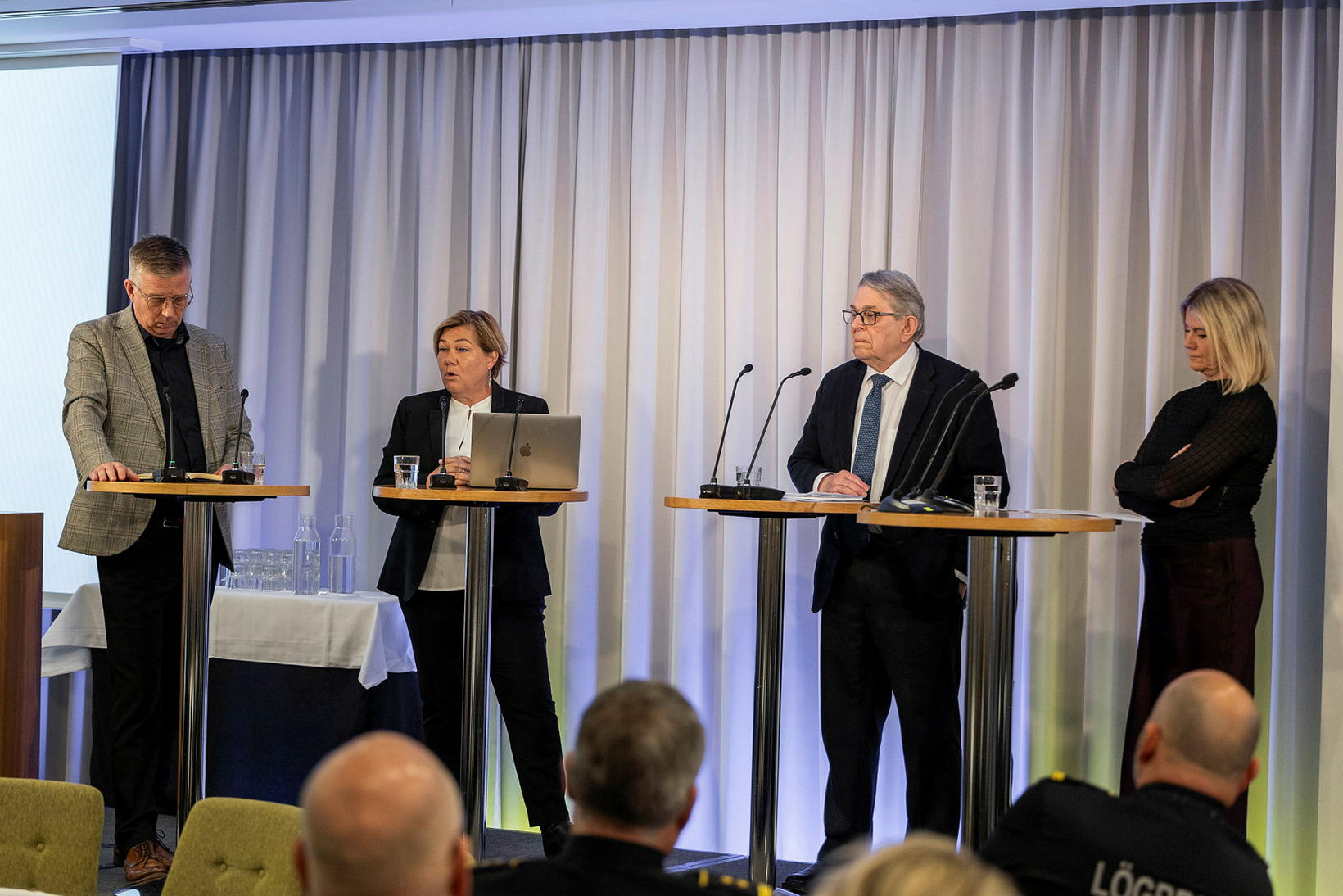
« Iceland is not a military country, » said Björn Bjarnason, former Minister of Justice and MP, and warned of the rhetoric that Iceland was a military nation in panel discussions at the Security Commissioner’s conference on security.
Vidir Reynisson MP led a debate on a position assessment presented by Karl Steinar Valsson, a police officer at the conference. In addition to Björn, Pia Hansson, director of the International Institute of International Affairs of the University of Iceland, and Rannveig Þórisdóttir, Head of Services at the Office of the National Commissioner of Police, were on the panel.
Pia began its case by saying that Iceland was breaking childhood shoes in security and defense. It was time for us to take these issues seriously and emphasized greater need for increased diagnostic capacity and research. She said Icelanders rely entirely in international co -operation.
Björn agreed to this and said that in Iceland there was almost constant presence of armies from other states and that at Keflavik Airport we have strong defenses.
He said the country had decided not to establish an Icelandic army, even though we had the capacity to do so. These were restrictions that we had decided ourselves.
Björn said civilian institutions fill the void and the Icelandic government thus ensure security. Then, the Civil Protection Act assumes that the entire nation can be activated when there is a danger.
He said the civil episode has become much more extensive than before because of a completely changed environment.
The importance of trust
Rannveig pointed out that we need to look for external influences to influence the interior, that is, the public and especially young people. She said that part of strengthening the nation’s traumatic resistance is to strengthen the young people.
For example, she mentioned how important confidence in the government in the pandemic was and how much heavier the row would have been if big protests had sprung up or similar.
Rannveig also mentioned confidence in the police. She said that about 70% of the community said they trusted the police, but that there was a significant reduction in confidence among younger people. Then their trust does not increase with age.
In general, it seemed to be agreed on the role of the police and the government, but if there is no confidence and the conflict will occur, the situation can change very quickly in the information cow. Large changes could thus change the situation very quickly.
Therefore, it would be important to invest in internal security.
Police sources
It was believed that police sources and said PIA important that we needed access to the most information.
Rannveig accepted it and said it was difficult to puzzle if you only have half of the puzzles. Then she mentioned that the police were dealing with not having the funds to buy the necessary equipment.
Björn said it was relatively easy for us to establish similar legislation and is in the Nordic countries regarding police authorizations.
The problem, however, was social and difficult to perform as many thought that there was increased sources of spying on Icelandic citizens and weighing their personal freedom.
The country’s military unlikely
Asked about the danger of war conflicts in Iceland, the conference was agreed that it was highly unlikely that Russia would launch a military war.
Björn said that if Russia believes that they are badly out of the war, the Arctic will have to prepare for revenge. However, they do not have the capacity to land, but rather make attacks from a distance and use methods to undermine Icelandic society.
The interviewees also agreed to educate rather than scare the public. The sense of security of the nation would be good and work should be done with it. Fear can lead to people not making sensible decisions.
Information preserves the confidence
Bryndís Haraldsdóttir, a member of the Independence Party, asked if the interviewees considered us to preserve our « gold » sufficiently well and had the confidence there.
Björn said it was important not to be in any hiding on the situation and the role of the key institutions would have to be defined thoroughly.
Rannveig agreed and said it more importantly how things were said than what was said. She said public confidence is based on knowing what the reaction should be.

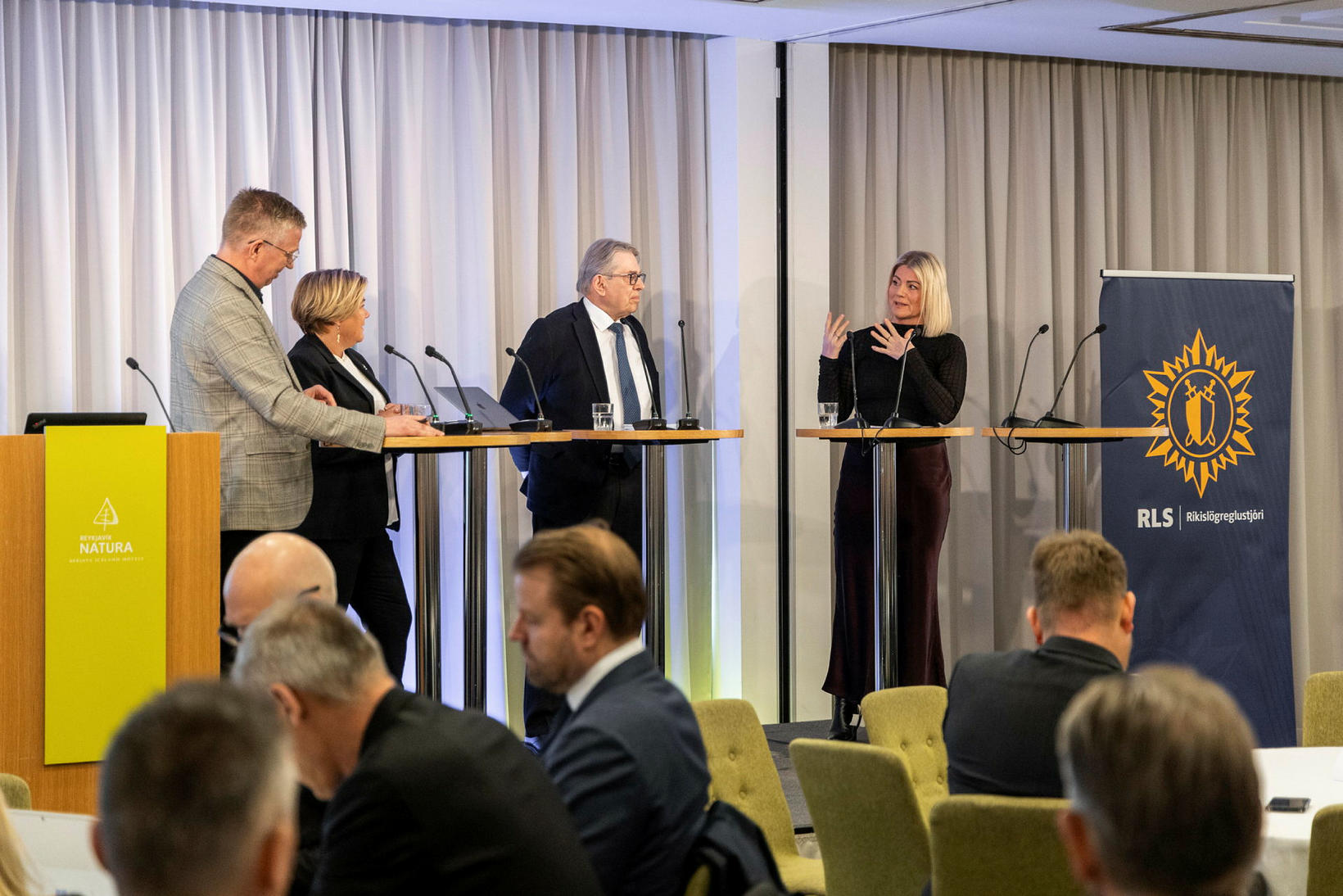

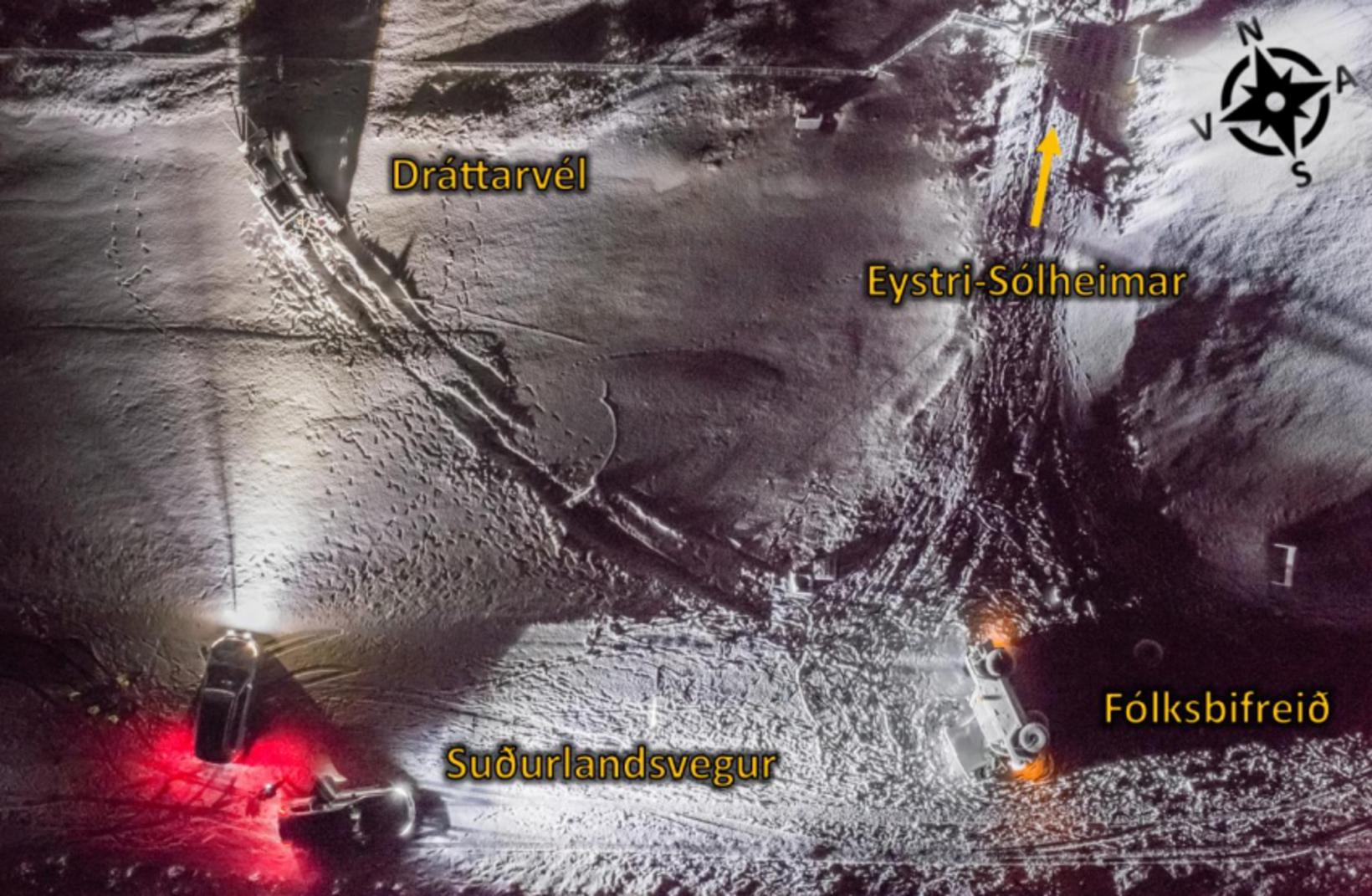
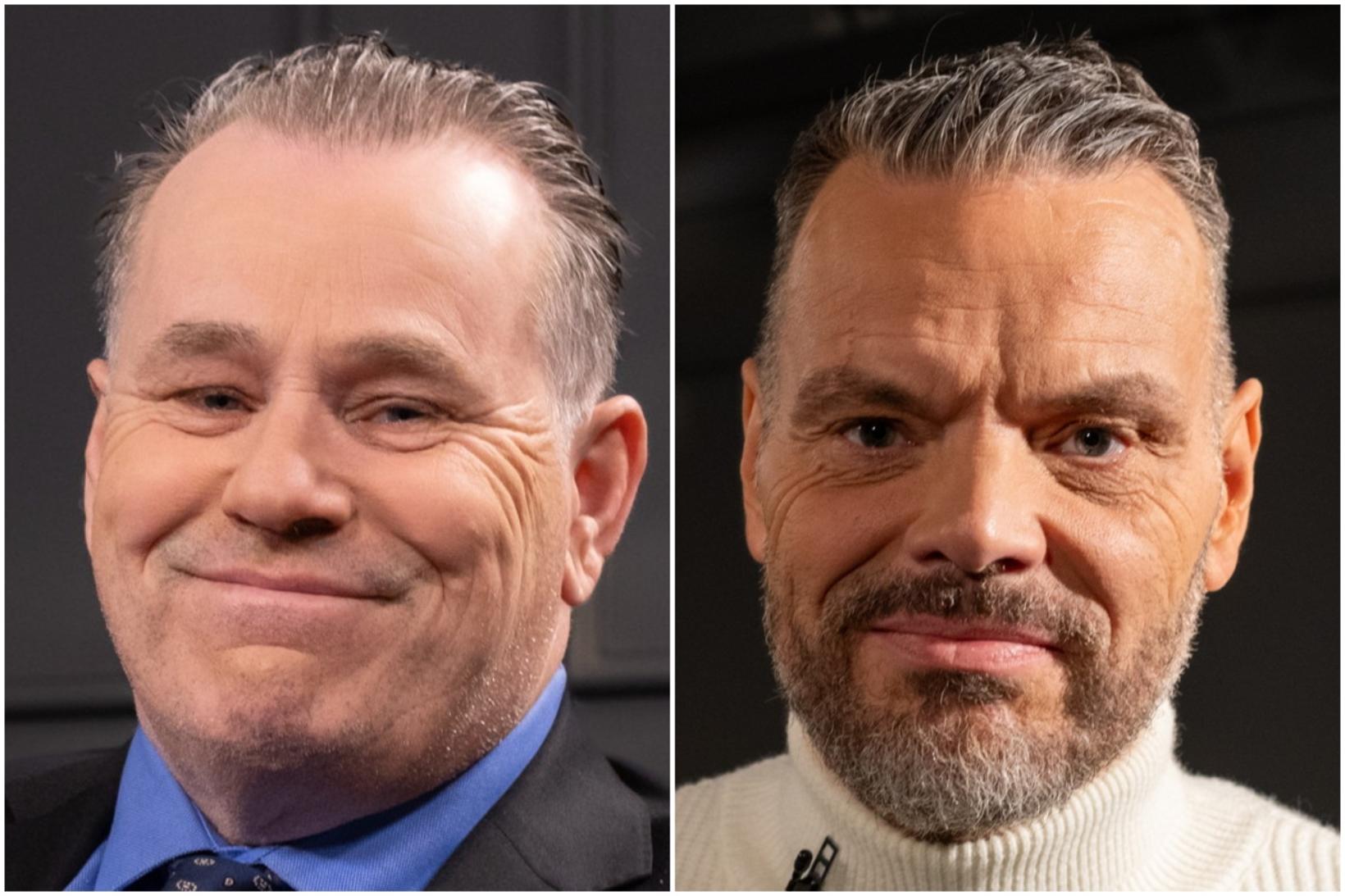
/s3/static.nrc.nl/wp-content/uploads/2025/06/06205808/web-0606BINspermadonatie.jpg)

